French Mauritania year 1937 stamp Colonial Arts Exhibition MNH
Origin: French Mauritania (Mauritanie française)
- This was a French colonial territory in West Africa, part of French West Africa at the time.
Year of Issue: 1937 Theme: Colonial Arts Exhibition (Exposition des Arts Coloniaux)
- This likely refers to an exhibition showcasing art and crafts from various French colonies.
Purpose: Such stamps were often issued to commemorate specific events or exhibitions, and to promote French colonial activities. Historical Context: In 1937, Mauritania was still under French colonial rule. France often used stamps as a means of showcasing its colonial possessions and promoting colonial exhibitions.
French Mauritania refers to the period when Mauritania was a colony of France, which lasted from the late 19th century until Mauritania gained independence in 1960. Here’s an overview of the French colonial period in Mauritania:
- Colonization: French colonial expansion into Mauritania began in the late 19th century, with the establishment of trading posts along the Senegal River. Mauritania’s strategic location, along with its natural resources such as iron ore and fisheries, made it an attractive target for French colonization.
- Formalization of Rule: In 1904, Mauritania officially became a French protectorate, known as the “Colonie du Río de Oro et du Saguia el-Hamra” (Colony of Rio de Oro and Saguia el-Hamra). This marked the beginning of direct French rule over the territory.
- Administration: The French colonial administration in Mauritania was centralized and hierarchical, with colonial officials appointed by the French government overseeing various aspects of governance, including taxation, justice, and public works. Indigenous leaders were often co-opted into the colonial administration, but ultimate authority rested with French officials.
- Economic Exploitation: The French colonial administration in Mauritania focused on the exploitation of natural resources, particularly iron ore mining in the Zouérat region and fisheries along the coast. Forced labor was sometimes used in mining and infrastructure projects, leading to resistance and unrest among the local population.
- Social and Cultural Impact: French colonization had a significant impact on Mauritanian society and culture. The French language and education system were introduced, leading to changes in social dynamics and the emergence of an educated elite. However, French colonial policies also reinforced social inequalities and marginalized indigenous languages and cultures.
- Resistance and Independence: Despite French attempts to consolidate control, resistance to colonial rule persisted throughout the colonial period. The anti-colonial movement gained momentum in the mid-20th century, culminating in Mauritania’s independence on November 28, 1960. After independence, Mauritania faced challenges related to nation-building, development, and political stability.
Overall, the French colonial period in Mauritania was characterized by economic exploitation, social change, and resistance, shaping the trajectory of the country’s history and development in the decades to come.

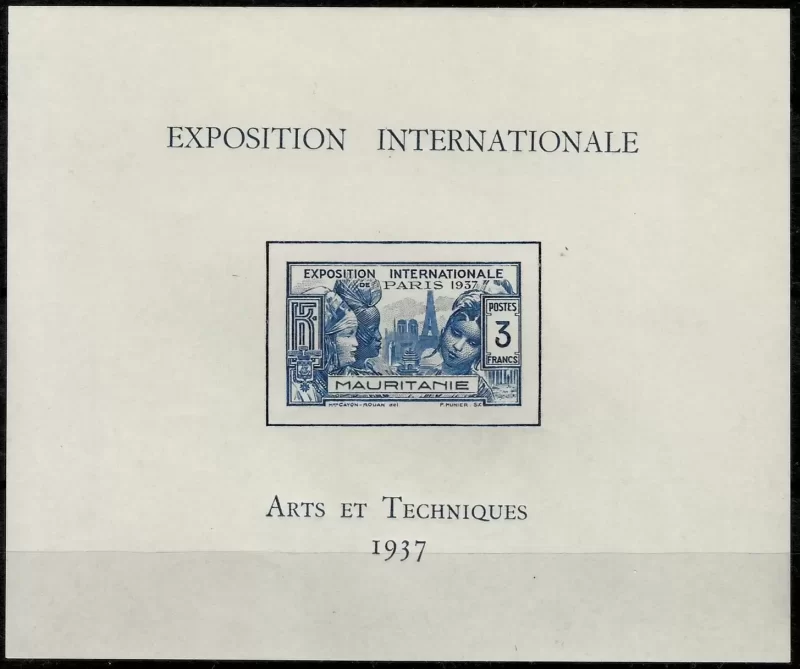
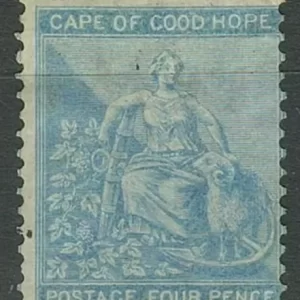




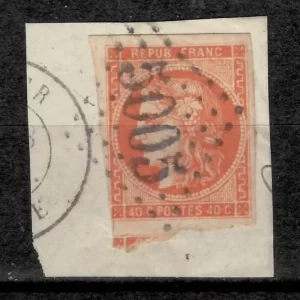
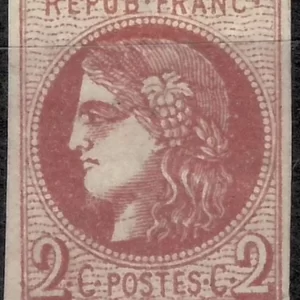
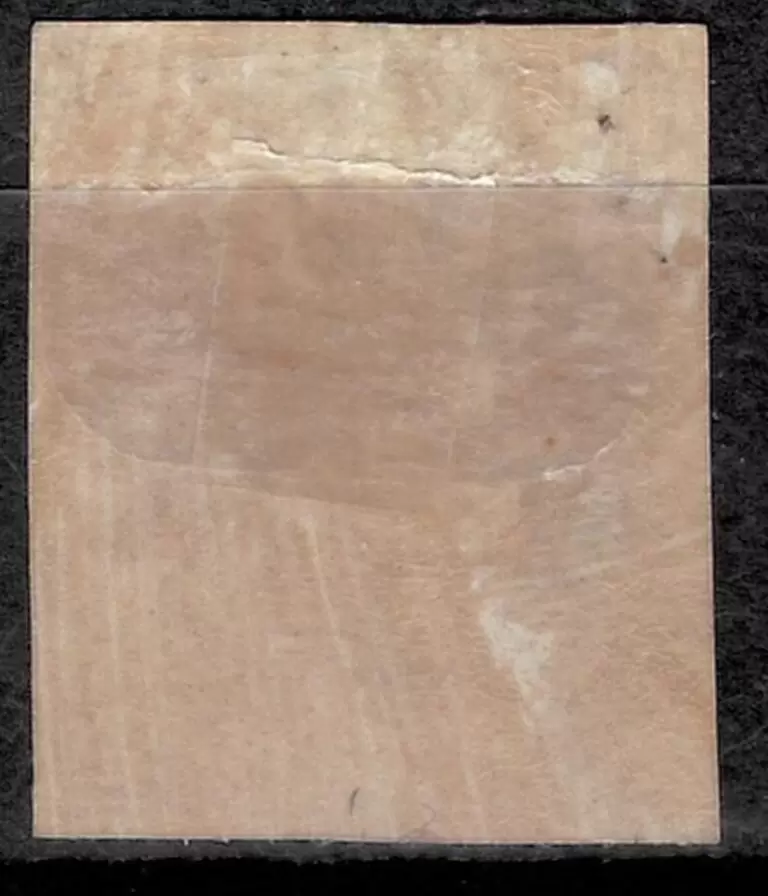
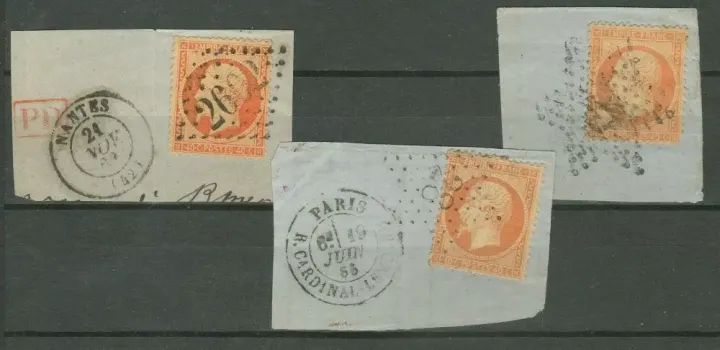
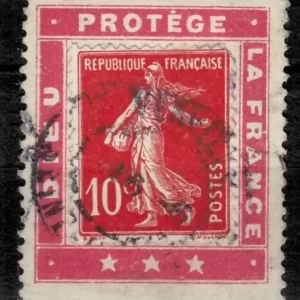


Reviews
There are no reviews yet.